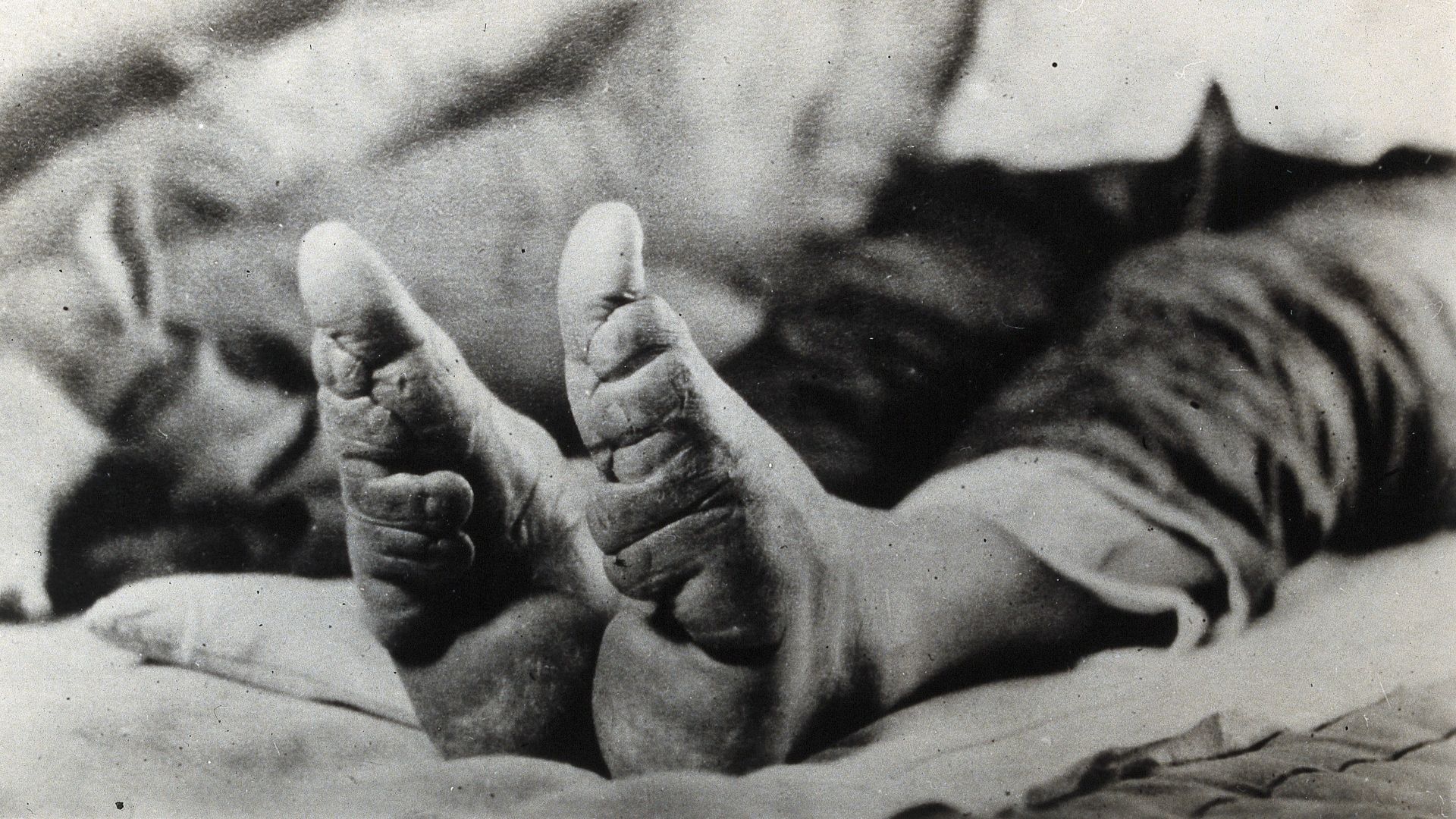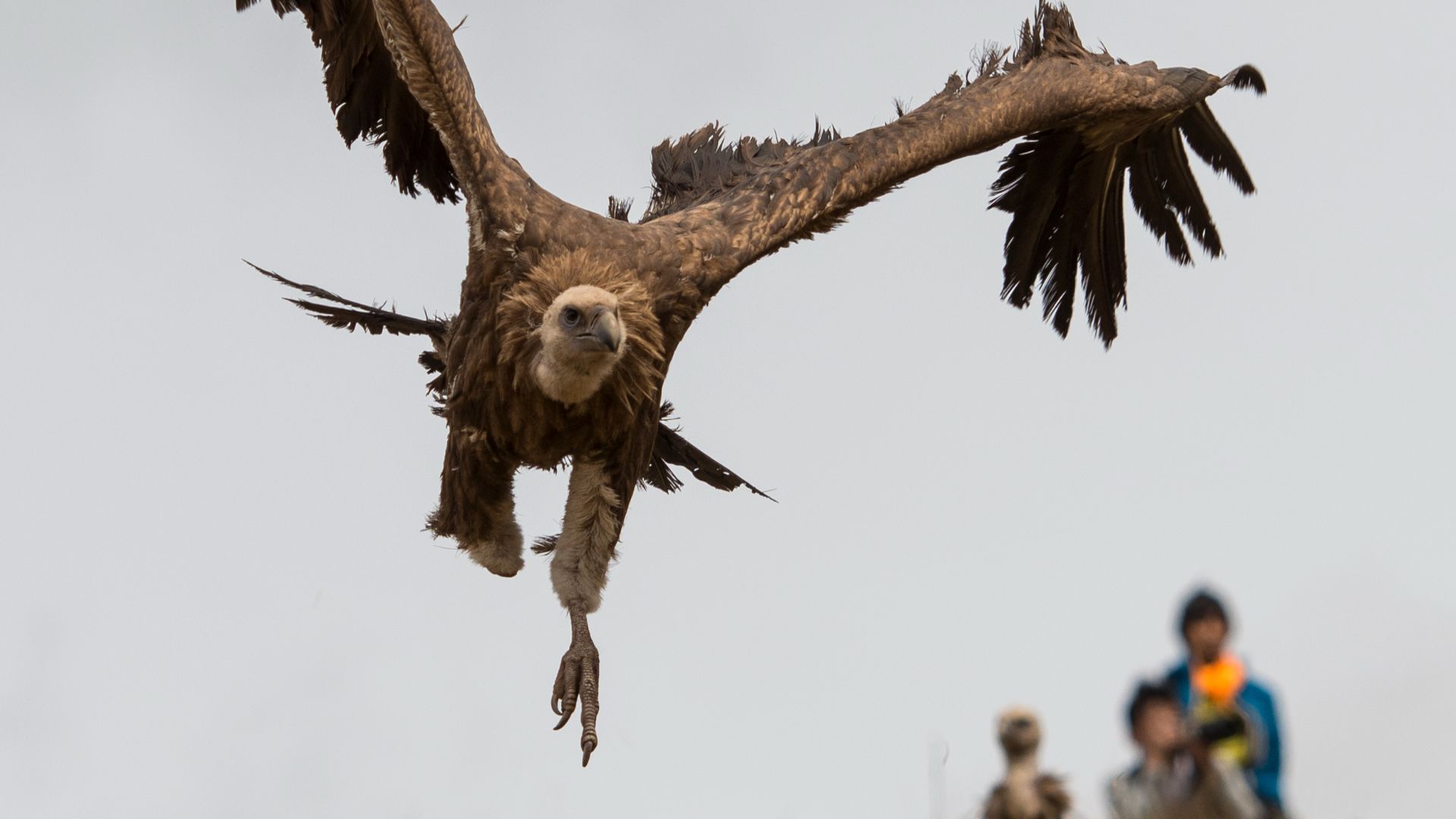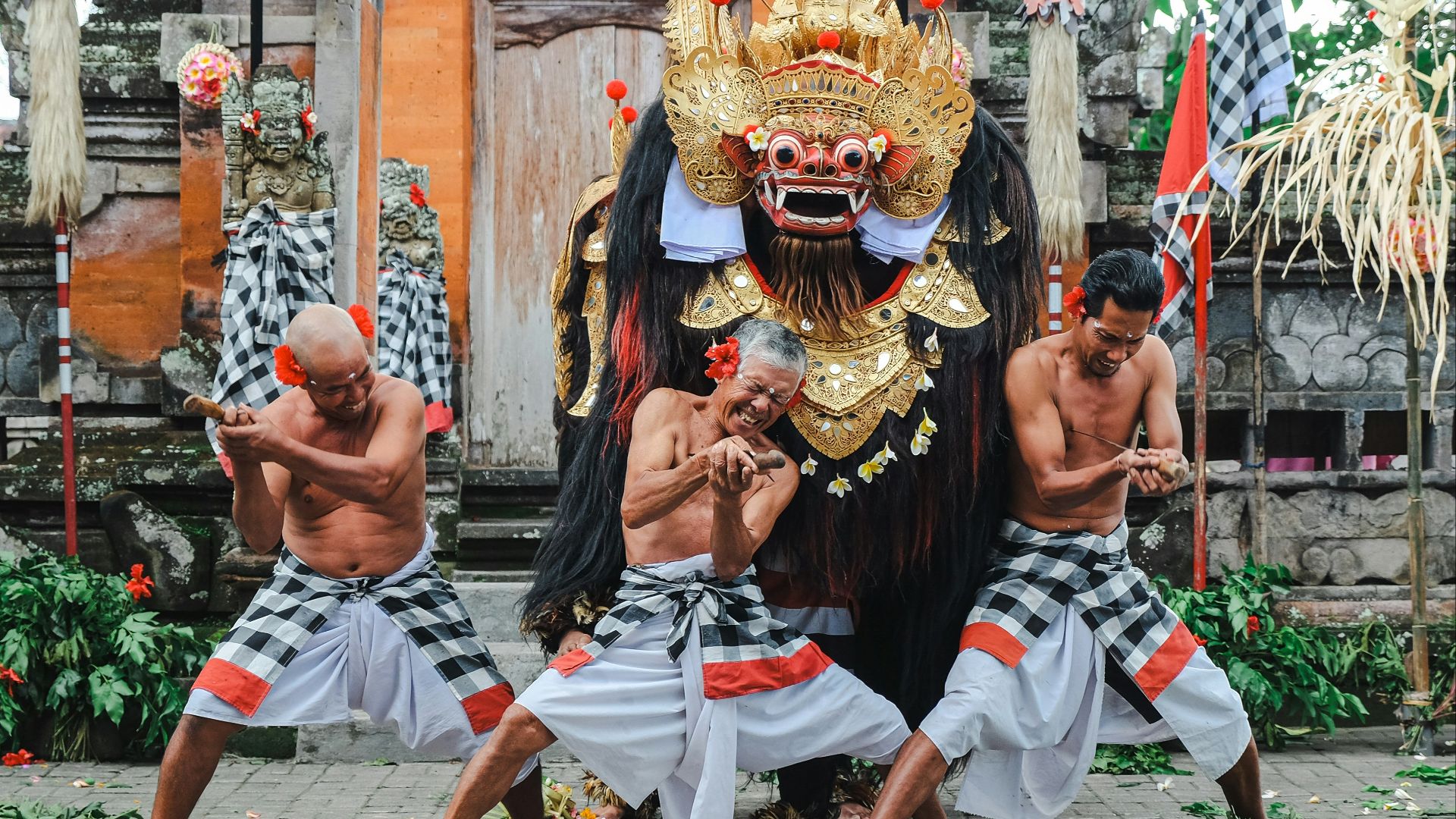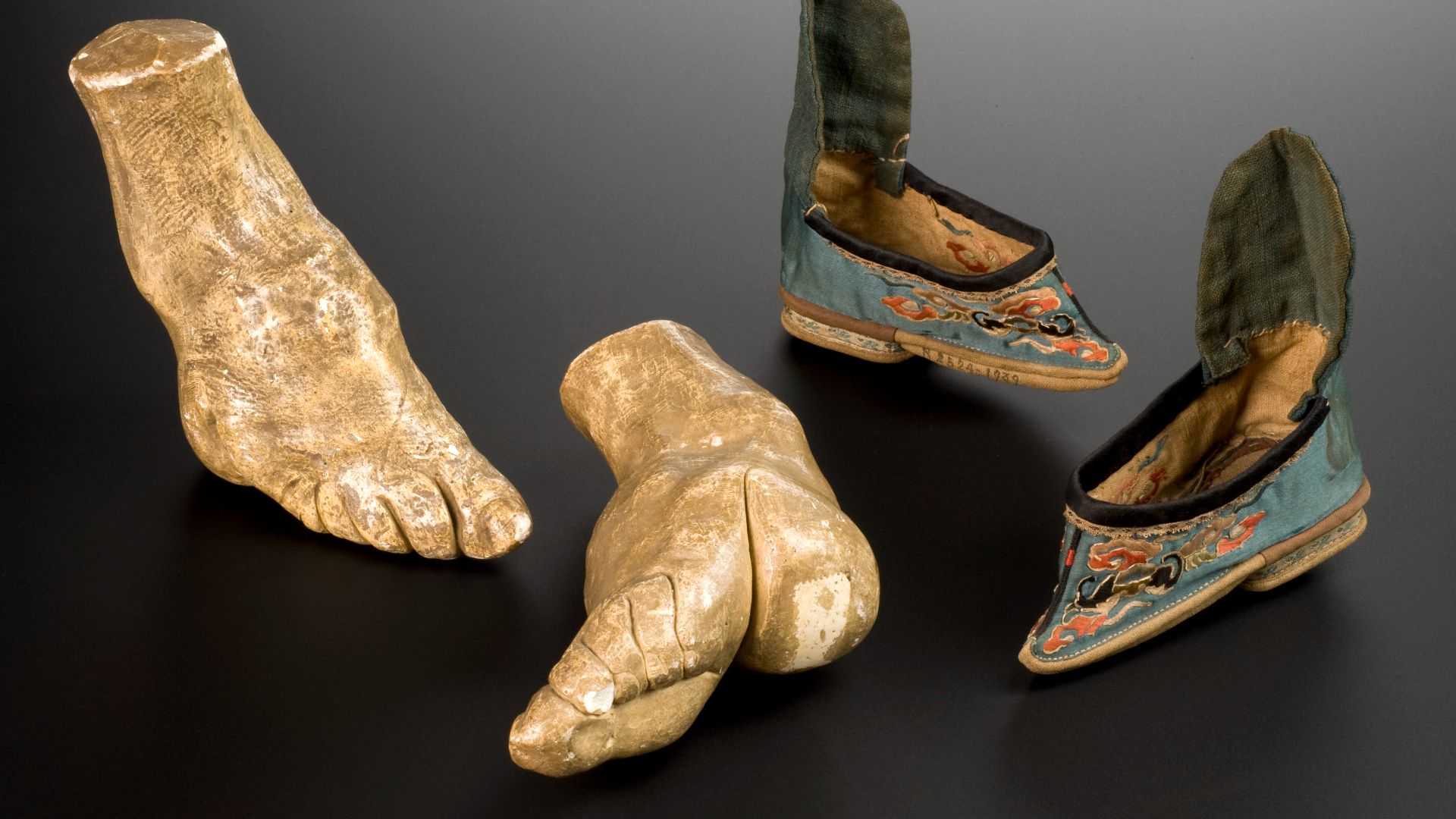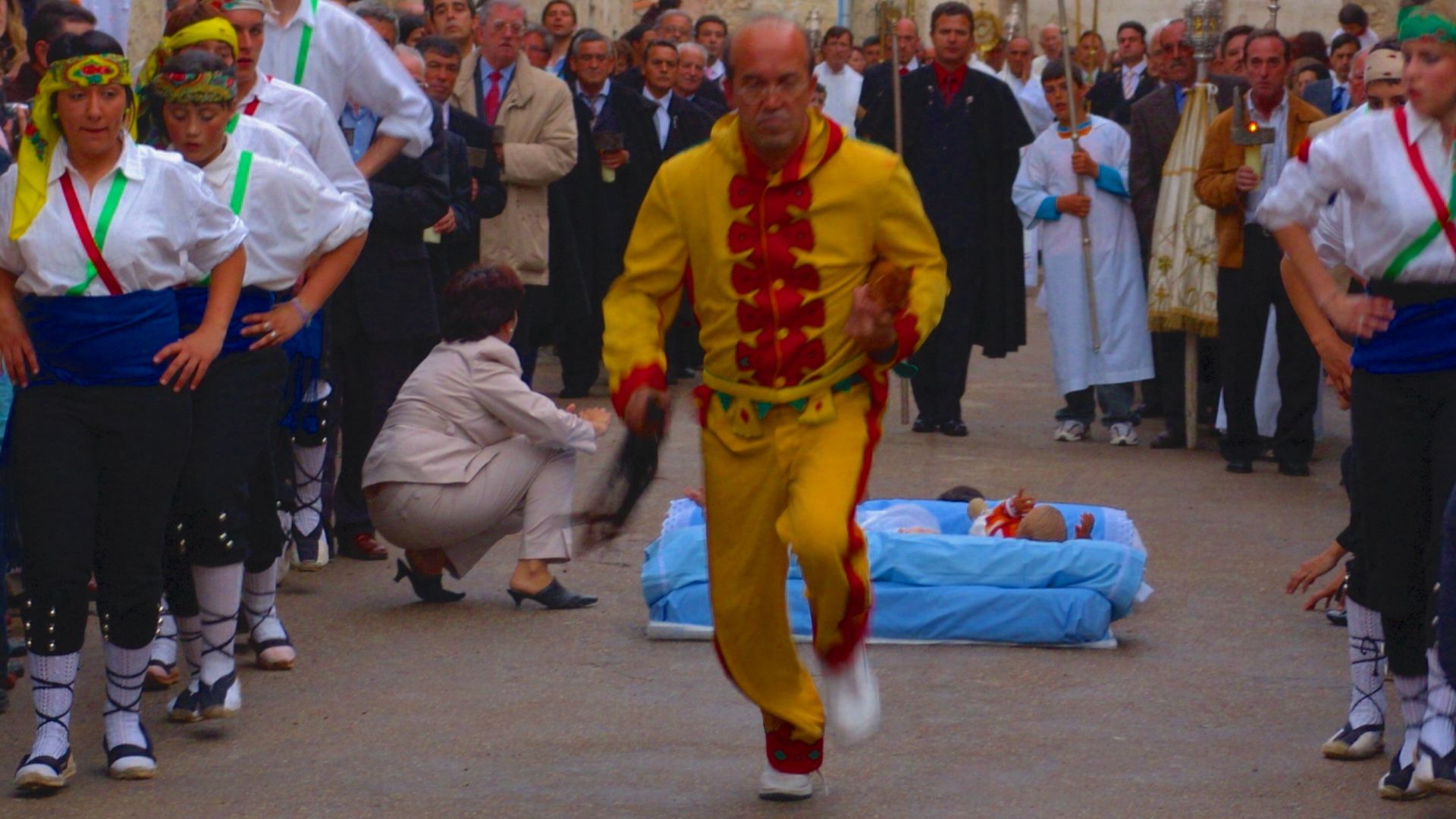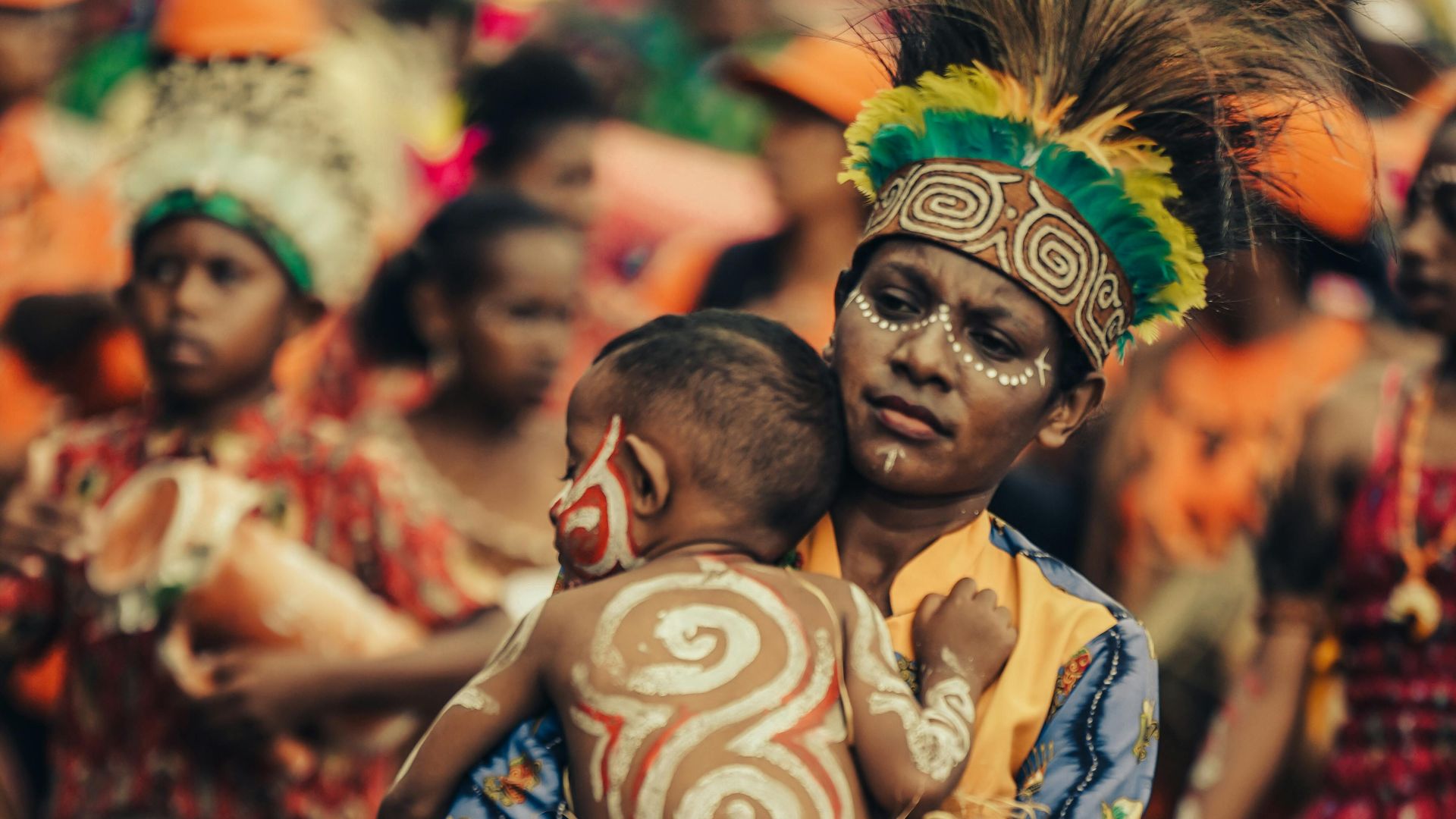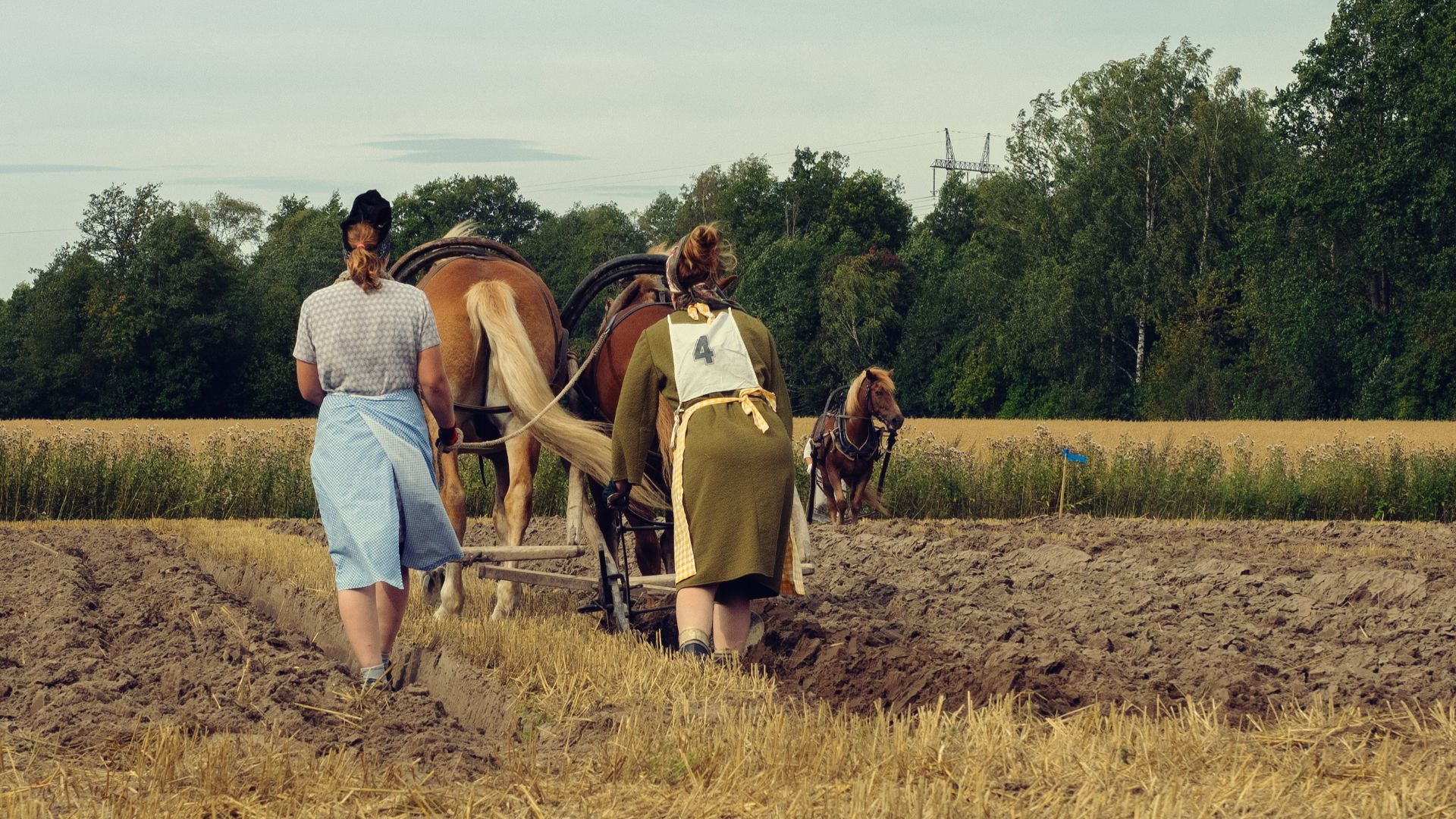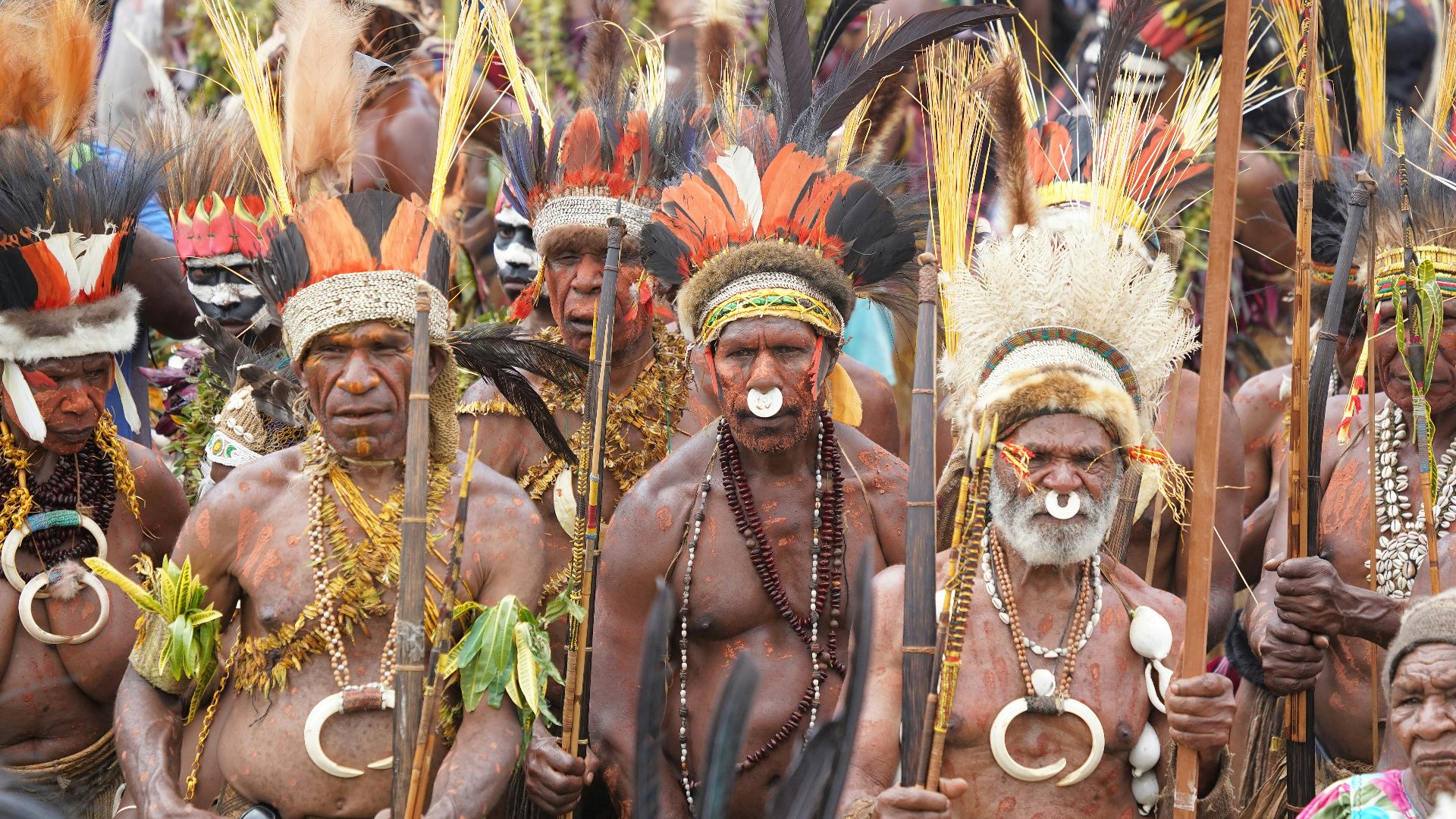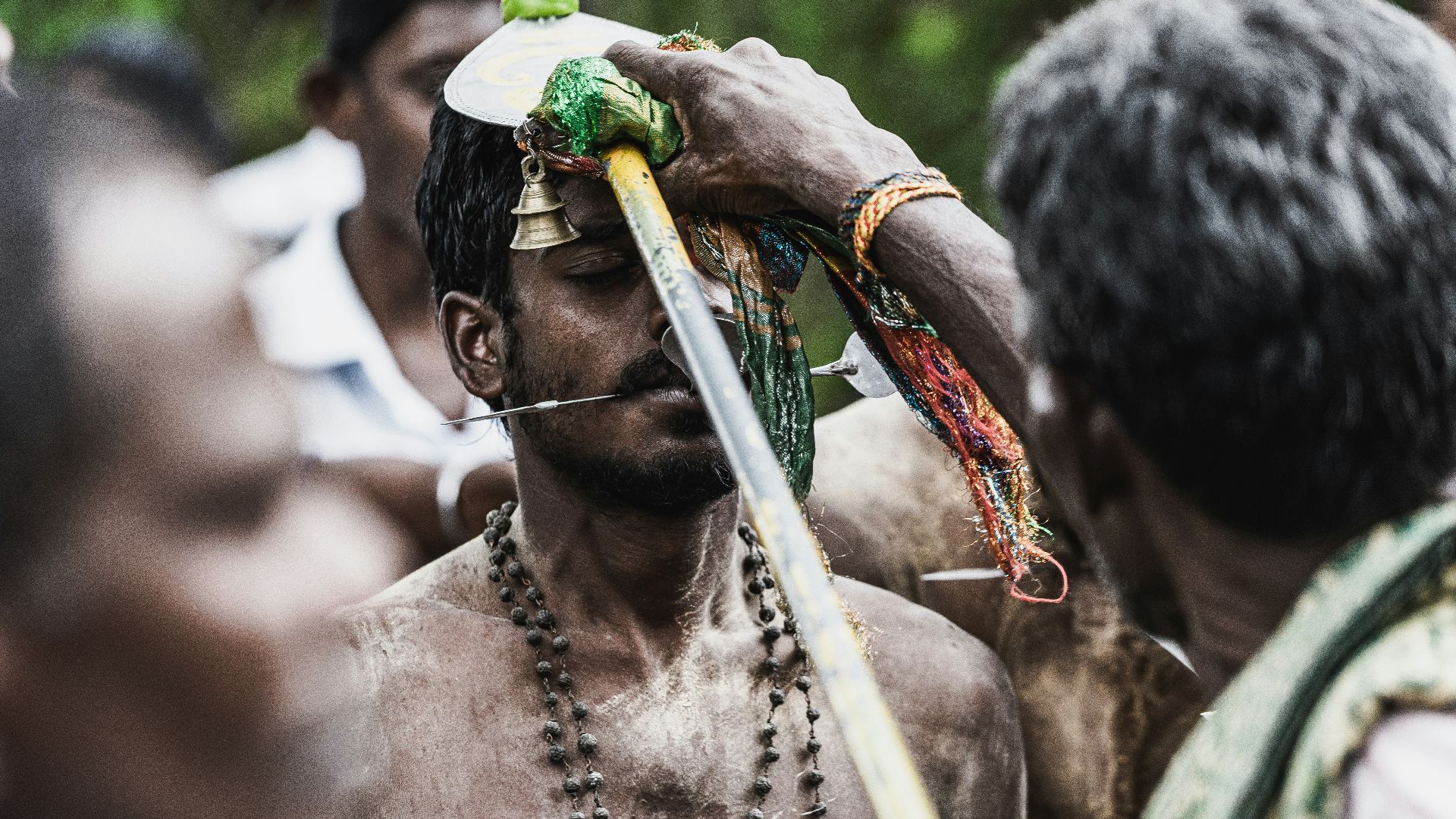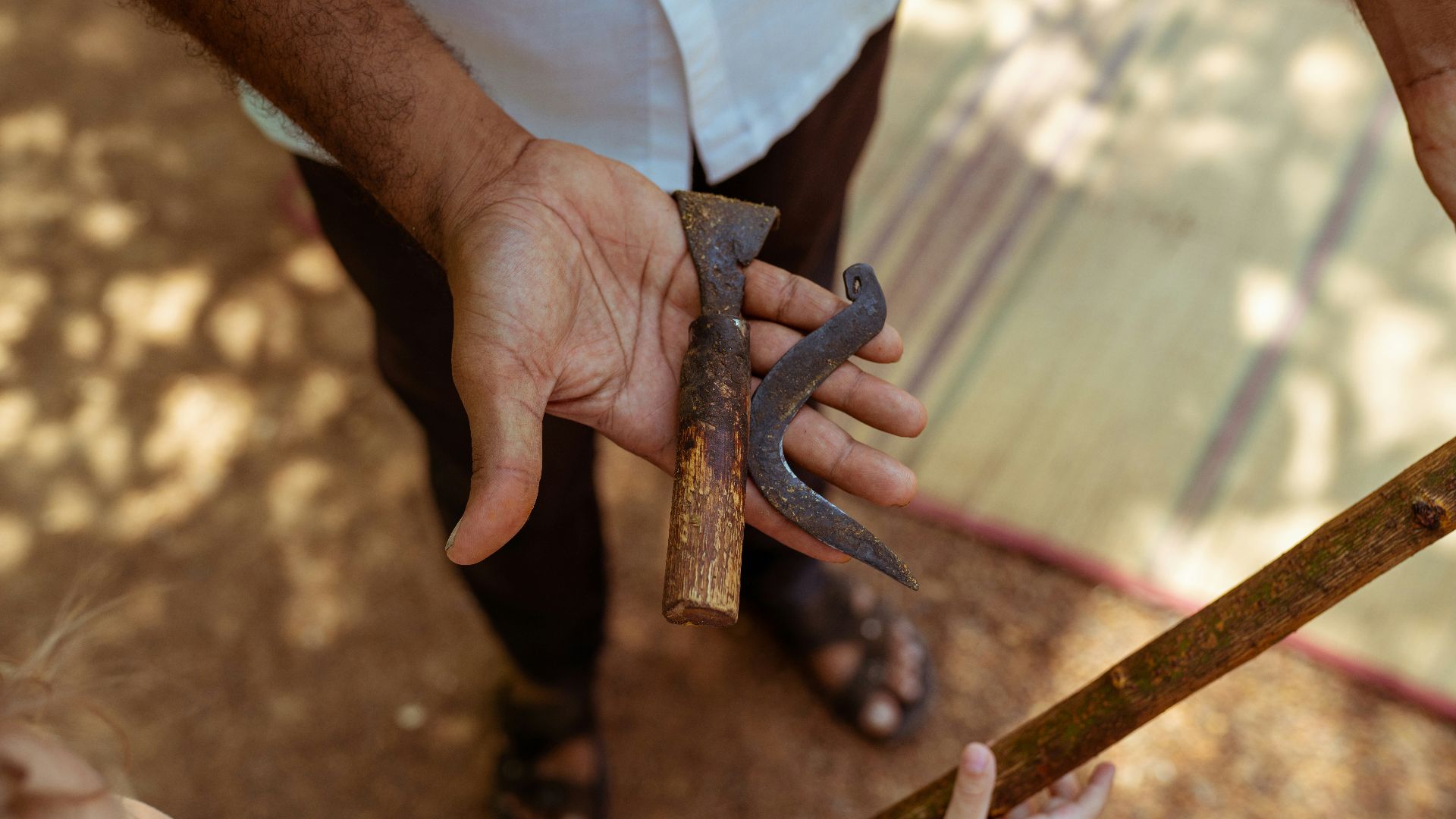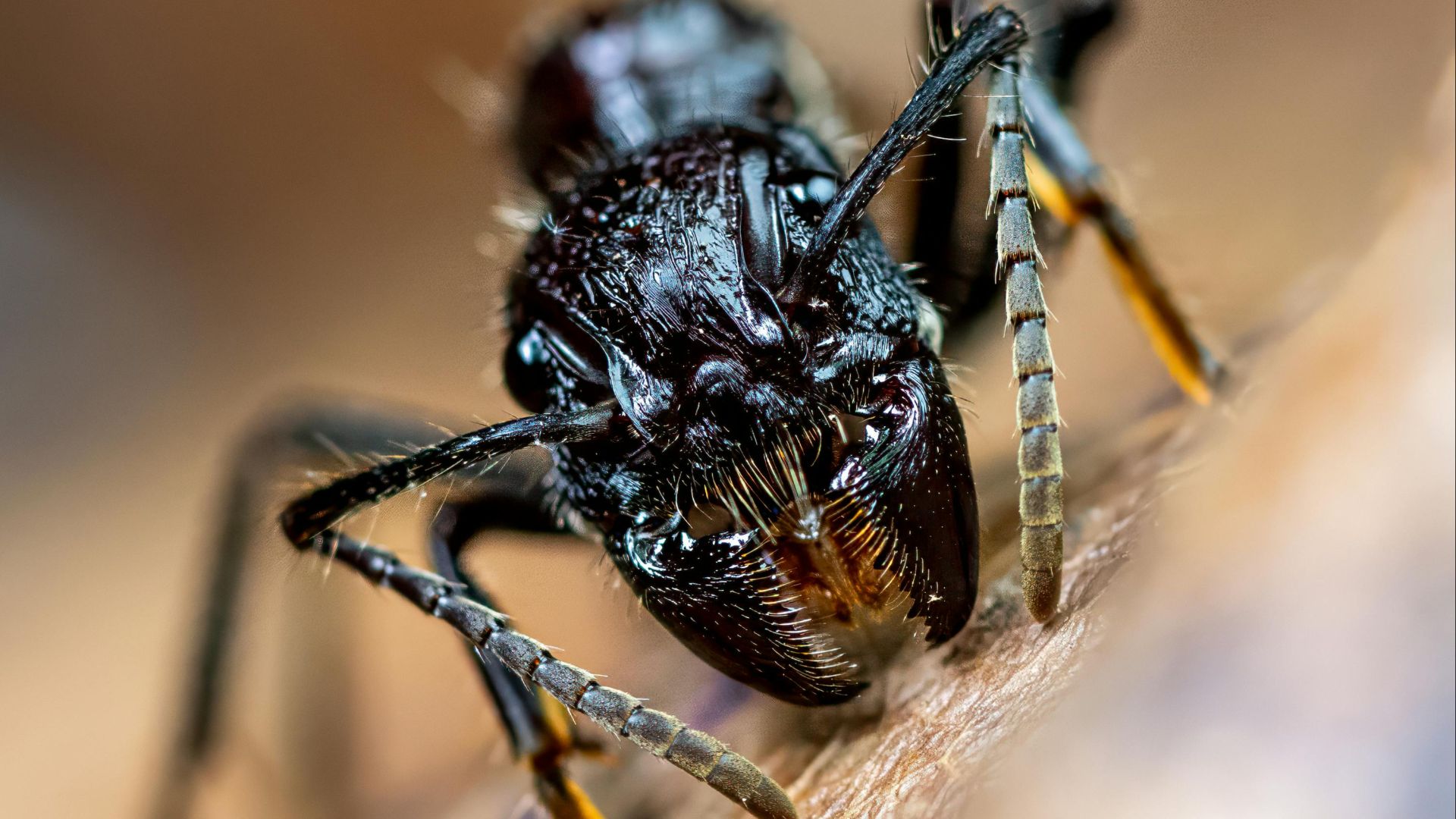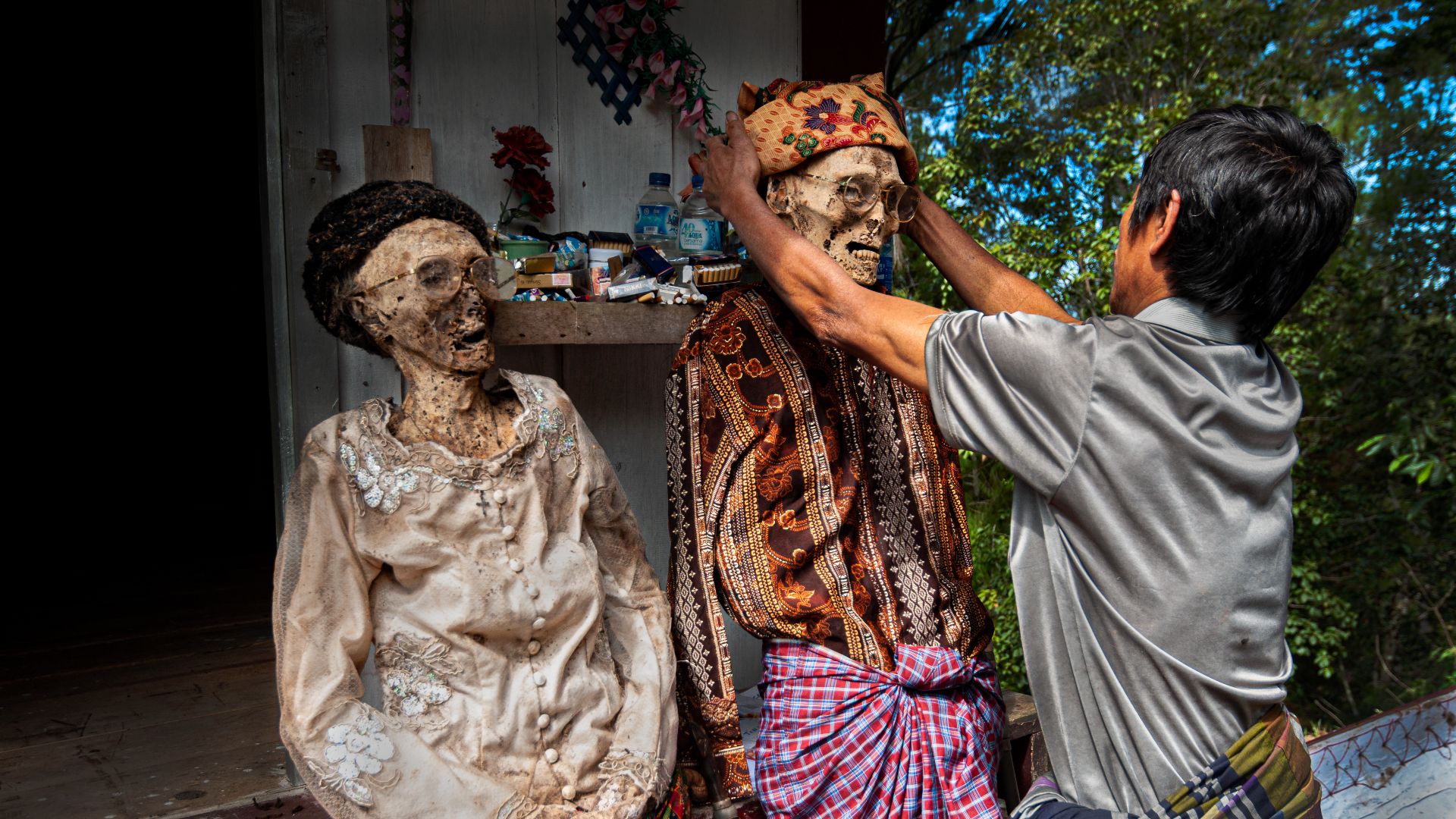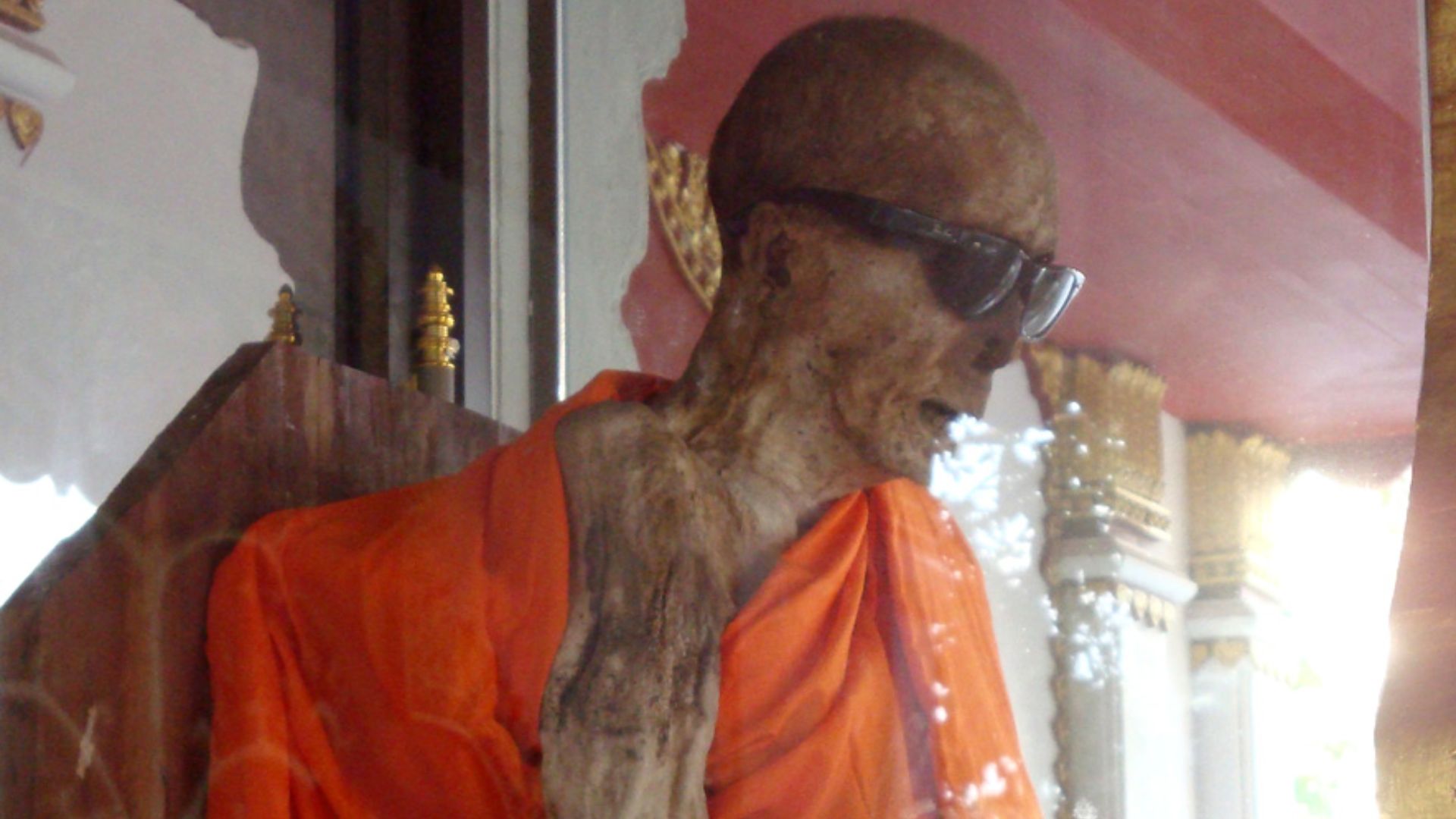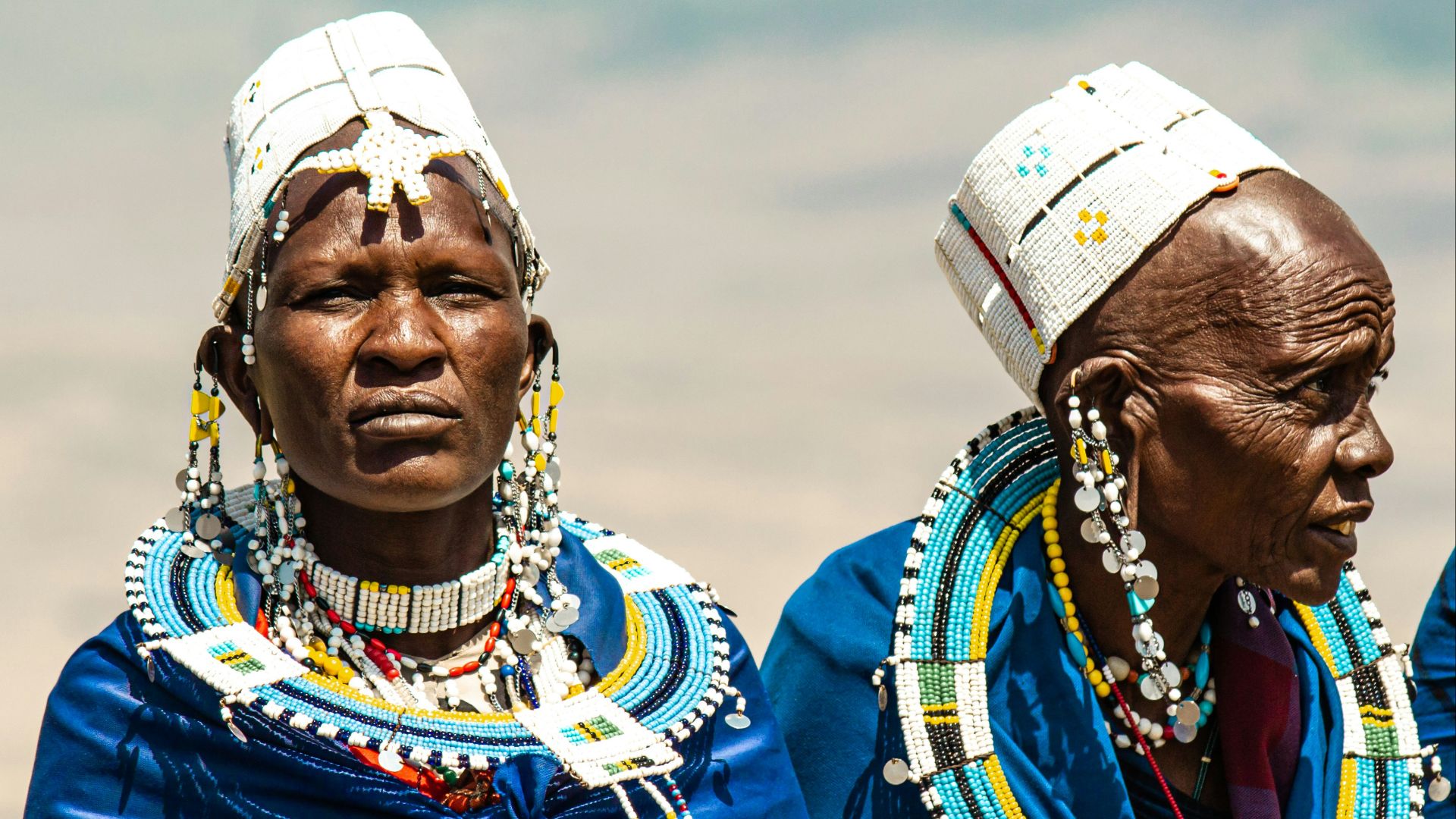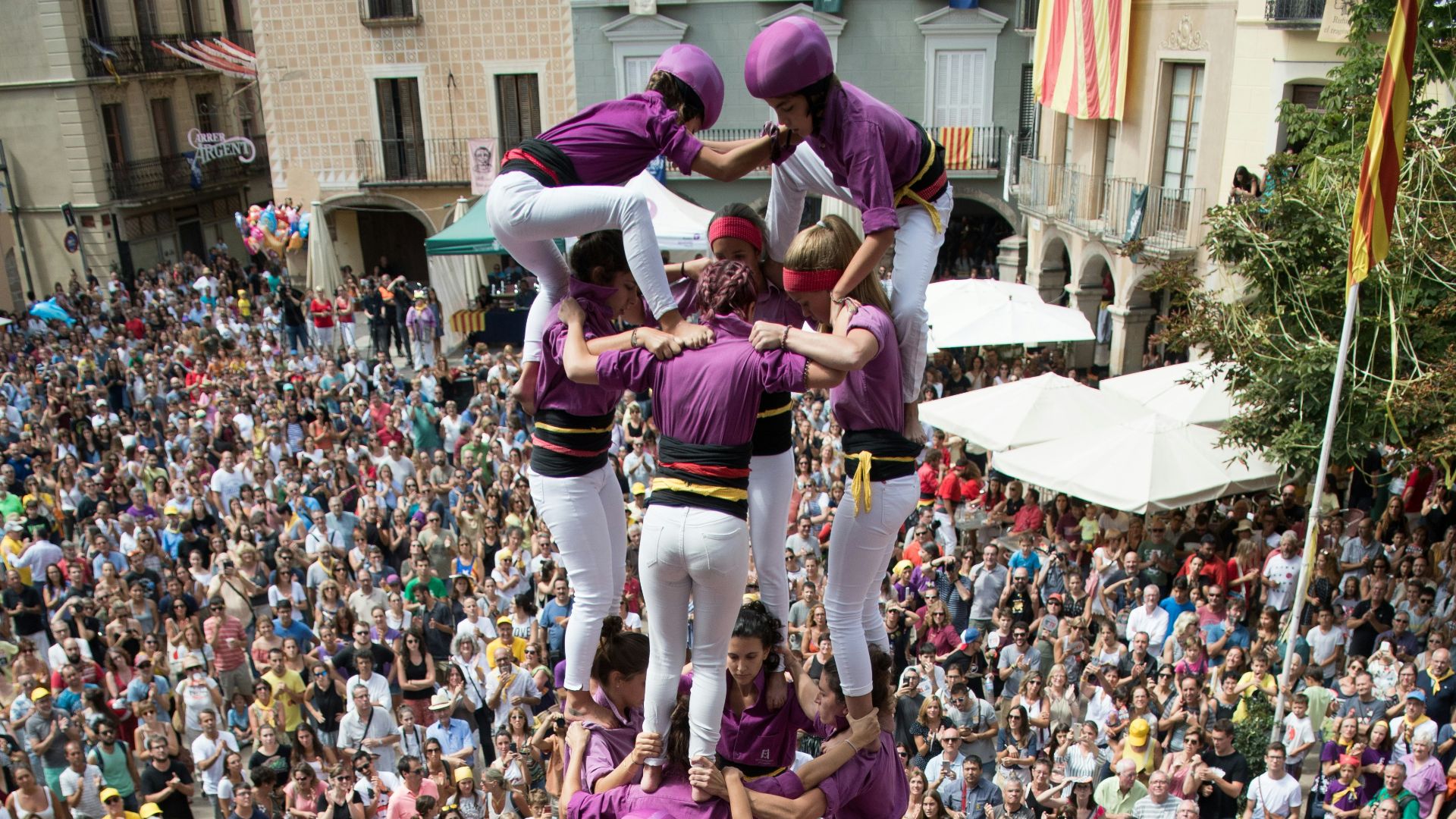A Journey Through Humanity’s Oddest Traditions
Human history is full of strange and occasionally terrifying customs. Some make us shudder in horror, whereas some just leave us scratching our heads in disbelief. Somehow, each ritual had meaning and purpose behind it—or at the very least a foundational story that served as a motivating rationale. Exploring these historical cultural oddities is a little like peeking through a keyhole into another time, where the rules of normalcy were completely different from those of today. Here are twenty of the strangest cultural rituals in history.
1. Sky Burials in Tibet
Instead of burying the dead, bodies were left on mountaintops for vultures to feast upon. After the vultures had their fill, only bones were left behind. This ritual honored human impermanence. Allowing our bodies to serve one final purpose, however gruesome, is kind of beautiful.
2. The Dance of the Dead in Bali
In some Balinese villages, elaborate funeral ceremonies involve masked dancers impersonating the deceased. It’s equal parts creepy and fascinating. Throughout the dance, the performers twist their limbs unnaturally in an effort to channel the spirit of the recently departed.
3. Foot Binding in China
Once a mark of beauty, tiny bound feet were painfully sculpted over years, resulting in deformities. A young girl might cry through each tightening, yet her community celebrated the result. Nowadays, this practice is outlawed, but some elderly women still bear the painful effects.
4. Baby Jumping Festival in Spain
In Castrillo de Murcia, villagers once celebrated “El Colacho,” where men dressed as devils literally jump over babies lying on mattresses in the street. It’s meant to cleanse the infants of original sin and protect them from evil spirits. Somehow, this ritual survived for centuries as a ritual of blessing rather than harm.
5. The Turning of the Bones in Madagascar
Every few years, families exhume their ancestors, rewrap them in fresh cloth, and dance with the bodies. It sounds absurdly grim, but the participants look joyful as life and death merge together, their laughter echoing with respect.
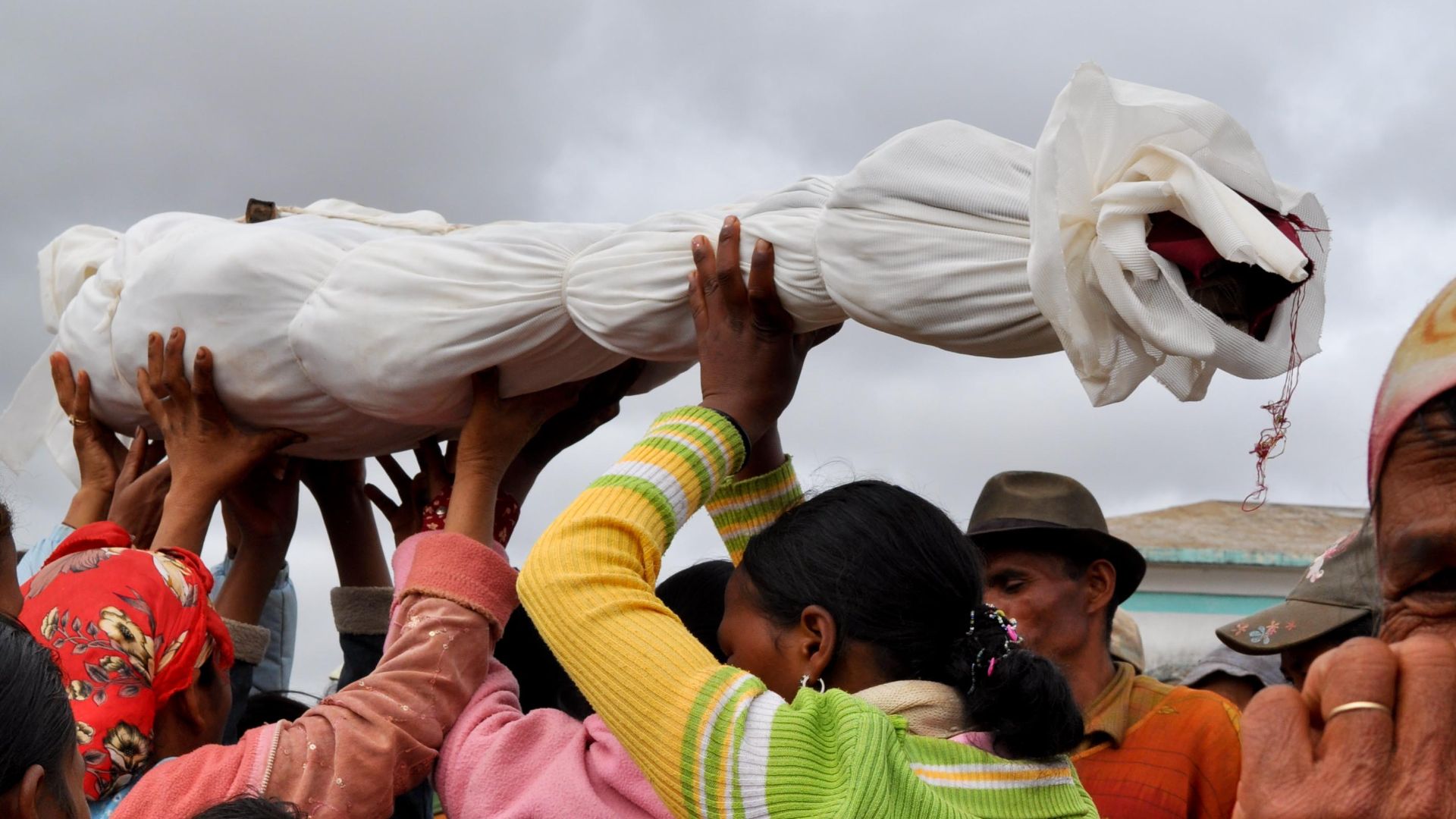 Saveoursmile (Hery Zo Rakotondramanana) on Wikimedia
Saveoursmile (Hery Zo Rakotondramanana) on Wikimedia
6. The Whipping Ceremony in the Philippines
During Holy Week, some penitents voluntarily whip themselves to show devotion. Blood mixes with sweat as they move through the streets, and crowds watch with a mixture of awe and discomfort.
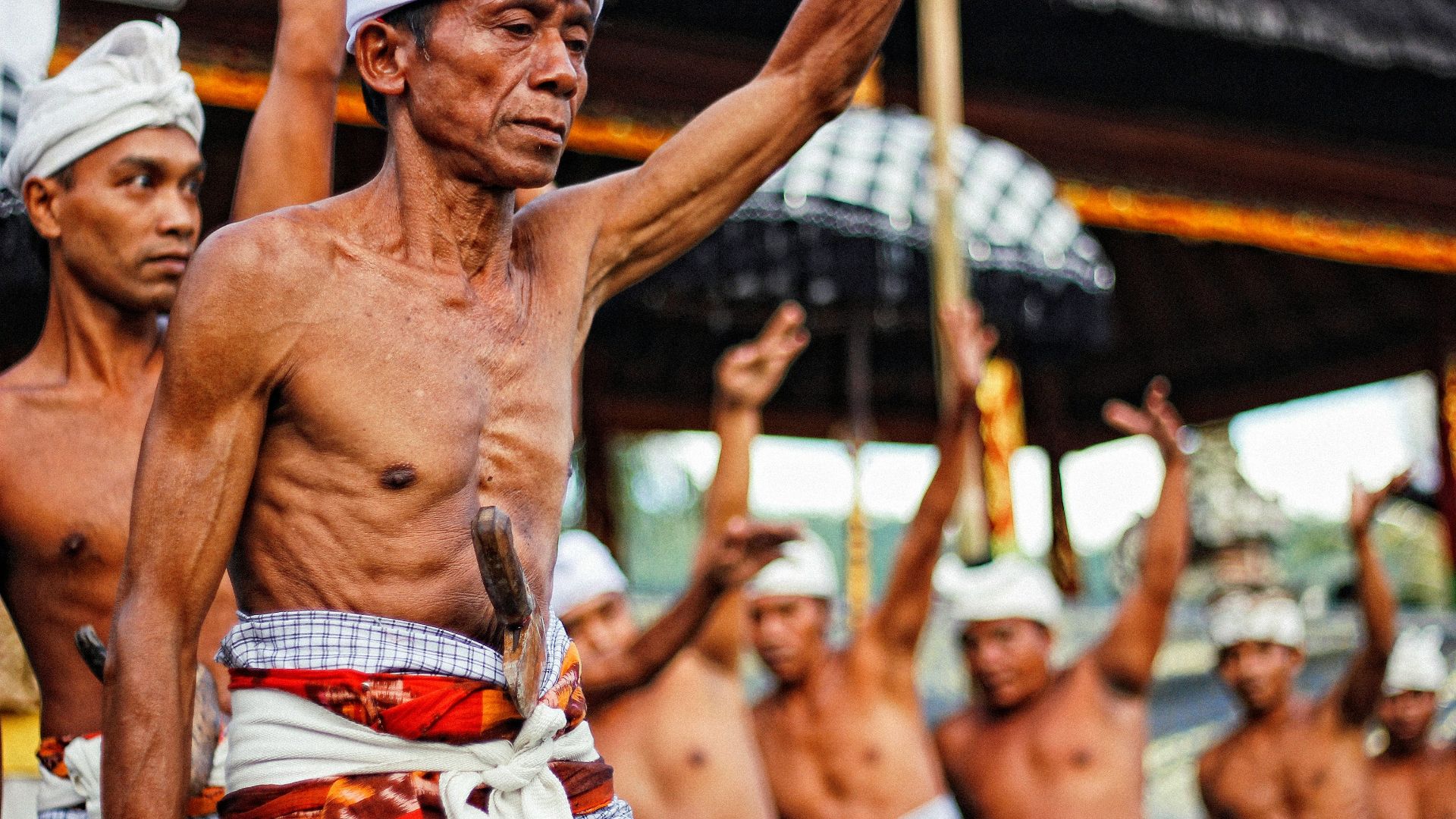 Dendy Darma Satyazi on Unsplash
Dendy Darma Satyazi on Unsplash
7. Transumption Ceremony of Papua New Guinea
Among the Fore people, an ancient ritual involved consuming their relatives upon their decease. This practice was believed to honor them and facilitate the transfer of their spiritual essence to the living. However, this ritual led to the spread of kuru, a prion disease similar to mad cow disease, resulting in a significant health crisis.
8. Sky Plowing in Ancient Greece
Farmers would sometimes plow fields without touching the earth. Instead, they would merely circle their fields ritualistically to appease the gods. The fields remained untouched, and their future crops received a blessing—or so they hoped.
9. Head-Hunting Tribes in Borneo
For some tribes, taking an enemy’s head symbolized bravery and protection. It was a gruesome trophy, but in their society, it was a mark of social status. It’s hard not to recoil, imagining villages whispering tales of victorious hunters around smoky fires.
10. Tongue-Splitting Rituals in Vanuatu
Adolescent boys in Vanuatu had their tongues pierced and split as a rite of passage. It was painful and messy, but it served as their ticket into manhood. The visible disfigurement was a sign of courage that they carried with them throughout their lifetime.
11. Spartan Crying Rituals
Spartan mothers would lament their children through loud wailing to prepare them for the battlefield and the possibility of their demise. The sound echoed harshly through the streets, and mothers sometimes even sang dirges, blending their grief with instruction.
12. Monkey Buffet Festival in Thailand
Once a year in Lopburi, residents pile fruit and desserts outside for wild monkeys to feast upon. It’s a mix of spectacle and superstition, with many believing that feeding the monkeys will bring prosperity and good fortune. Hundreds of chattering monkeys descend, enjoying a chaotic celebration for a few hours.
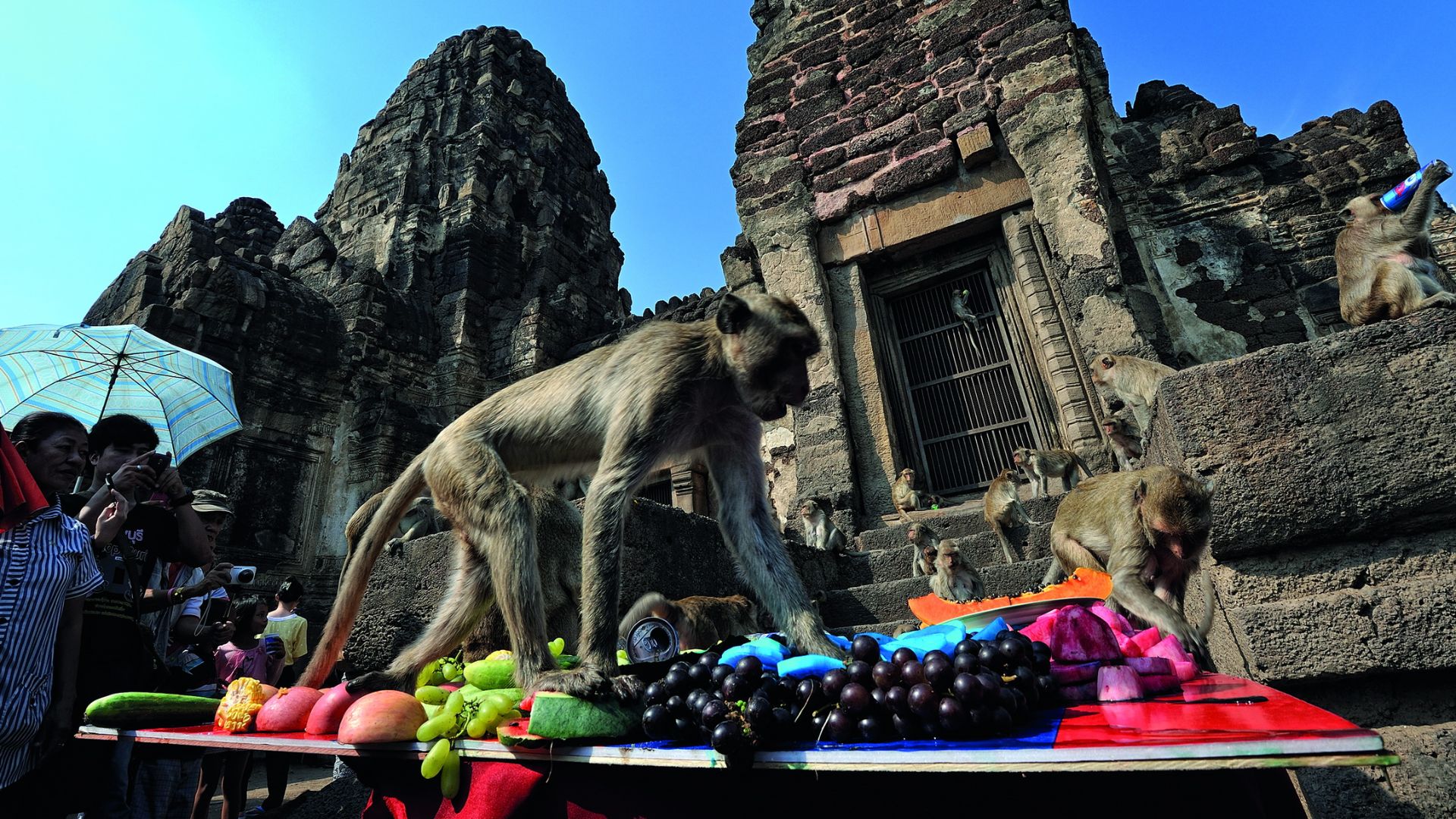 Mr.Peerapong Prasutr on Wikimedia
Mr.Peerapong Prasutr on Wikimedia
13. The Finger Cutting Among the Dani Tribe
Among the Dani tribe of the central highlands of Indonesia, grief took a physical form. When mourning, women from this tribe cut off parts of their fingers. It served as a visceral expression of sorrow, reminding everyone that grief leaves a lasting scar.
14. The Bullet Ant Gloves in Brazil
Among this tribe, initiation into manhood involved putting hands into gloves filled with bullet ants, whose sting is among the most painful insect bites on earth. Even after removing the gloves, the pain would endure for over twenty-four hours, leaving participants trembling.
15. The Night of the Radishes in Mexico
Every December in Oaxaca, giant radishes are carved into scenes that depict death or folklore heroes. Afterwards, the markets are filled with these sculpted vegetables, the air scented faintly of earth and creativity. It may be odd, but it’s also charmingly creative.
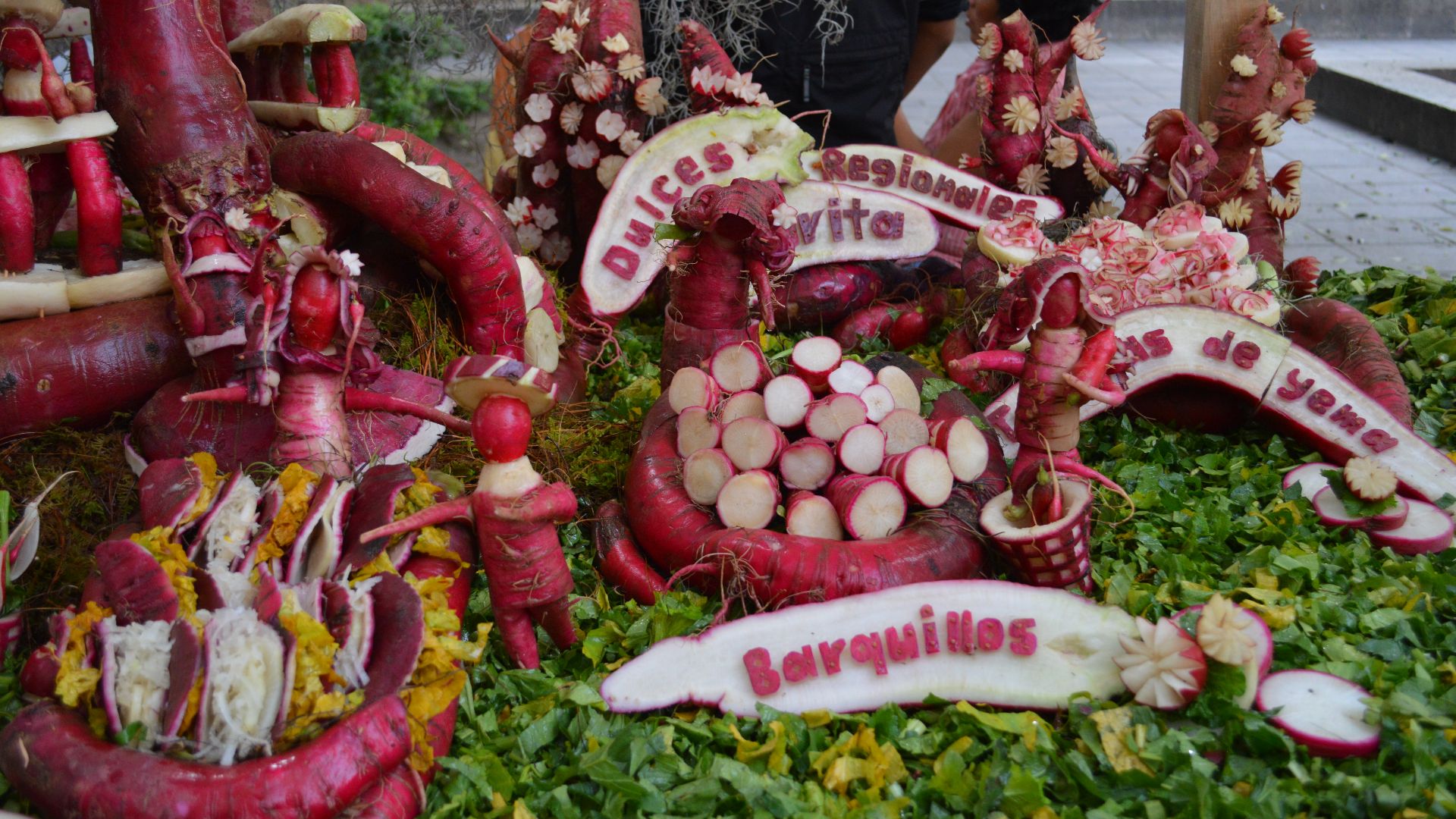 AlejandroLinaresGarcia on Wikimedia
AlejandroLinaresGarcia on Wikimedia
16. Living with the Dead in Indonesia
In certain communities of Sulawesi, Indonesia, locals keep preserved corpses of deceased family members in their homes, treating them as though they were still living. For weeks or even years at a time, they keep them dressed and groomed, positioning them at the table. It may be macabre for outsiders, but it’s a form of remembrance for them.
17. Self-Mummification in Japan
Among certain Buddhist sects, monks undertook Sokushinbutsu, a ritual that involved starving and dehydrating themselves over years to become living mummies. When all fat from their bodies was burned away, they were placed alive in a small tomb until they expired, at which point the tomb was sealed.
18. Castrati Choirs in Italy
From the 16th to the 18th century, young boys’ voices were preserved through castration for church music. Churches and operas prized them for their angelic tones, but it came at a cost of a lifetime of physical ailments, including hormonal issues.
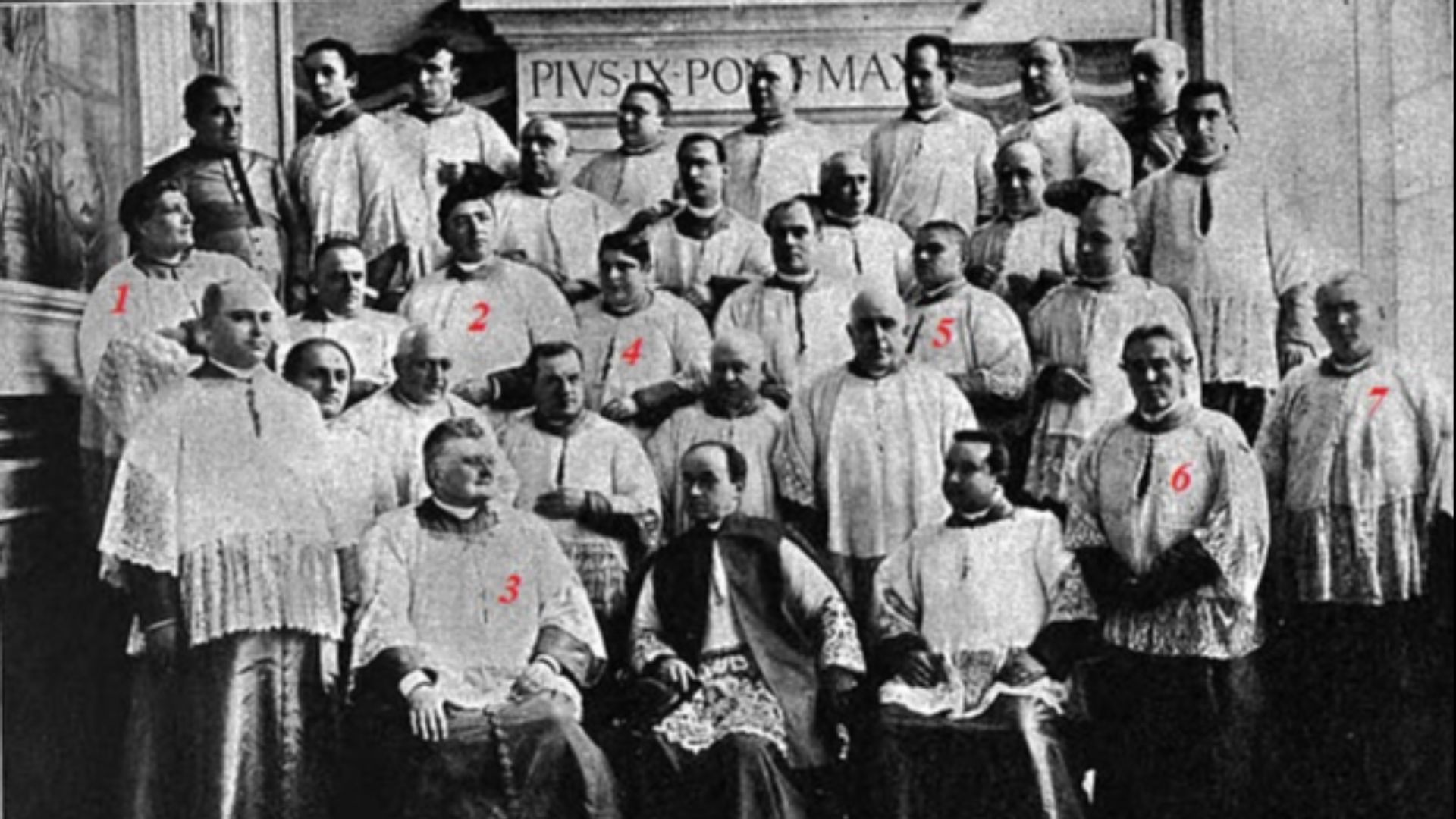 Unknown authorUnknown author on Wikimedia
Unknown authorUnknown author on Wikimedia
19. Tooth Filing Among the Nuer of Sudan
Among certain Nuer clans in South Sudan, tooth modification has long been part of cultural ceremonies. Young people might have their teeth filed, chipped, or shaped using rudimentary tools, each mark signaling a step into adulthood or a rite of passage.
20. The Human Tower Festivals in Spain
Castellers form human towers dozens of feet high, with young children often climbing to the precarious top. The ritual is a mix of courage, balance, and absurd risk. The crowd holds its breath until the tower disassembles itself safely, with everyone cheering or wincing in equal measure.
KEEP ON READING
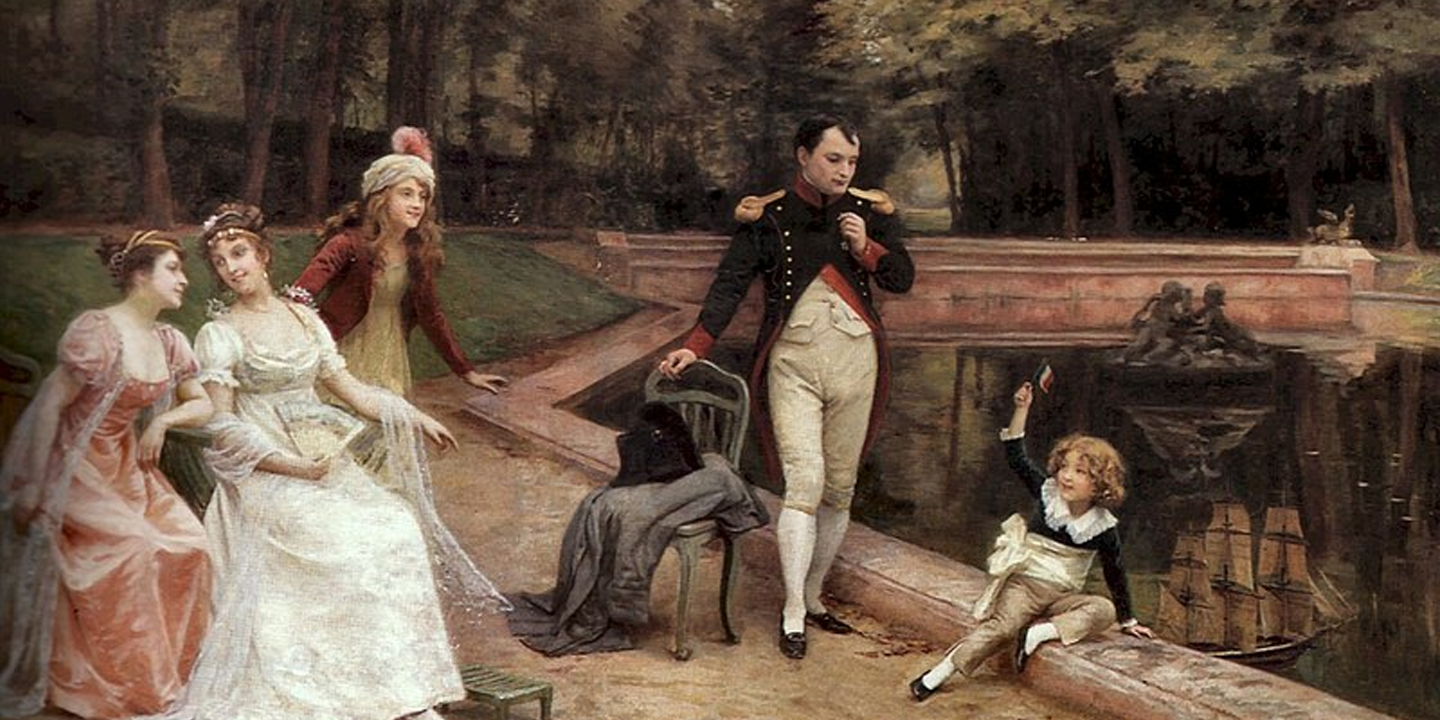
The 20 Most Recognized Historical Figures Of All Time
The Biggest Names In History. Although the Earth has been…
By Cathy Liu Oct 4, 2024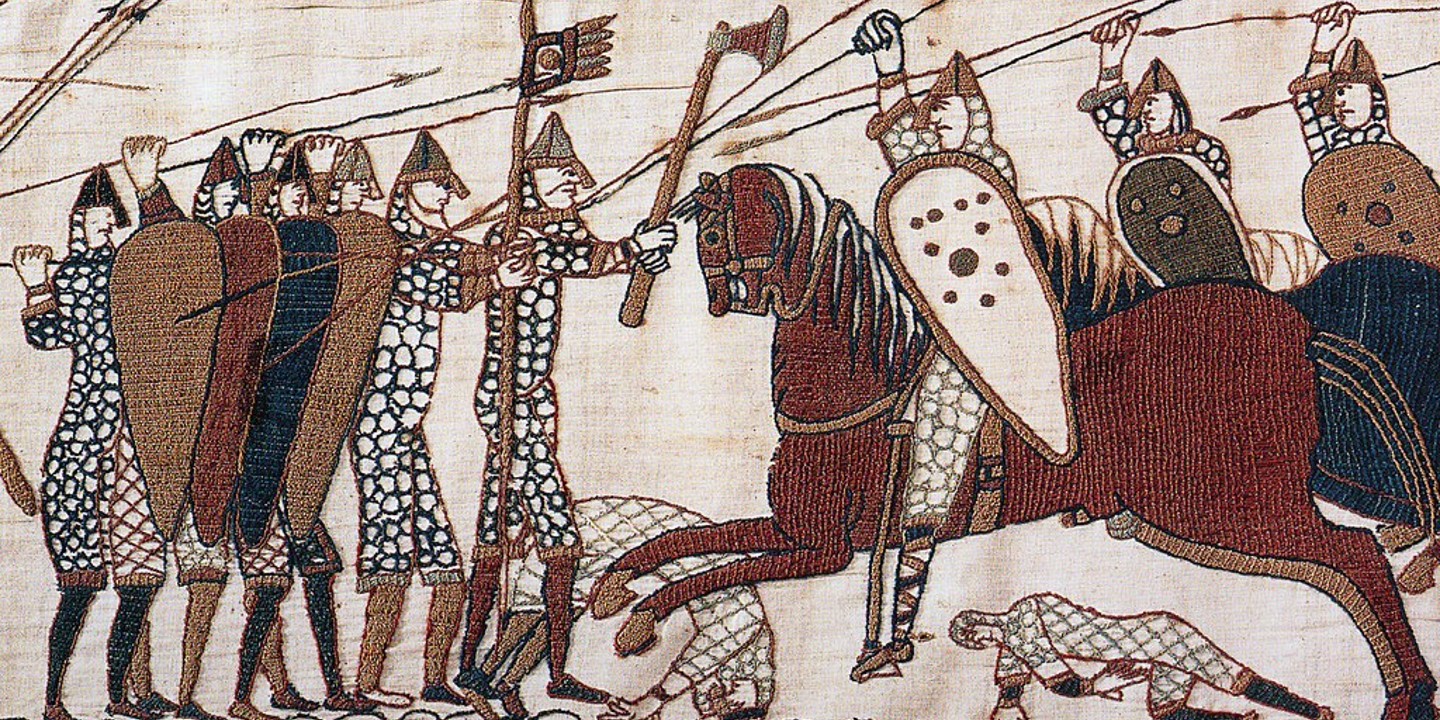
10 of the Shortest Wars in History & 10 of…
Wars: Longest and Shortest. Throughout history, wars have varied dramatically…
By Emilie Richardson-Dupuis Oct 7, 2024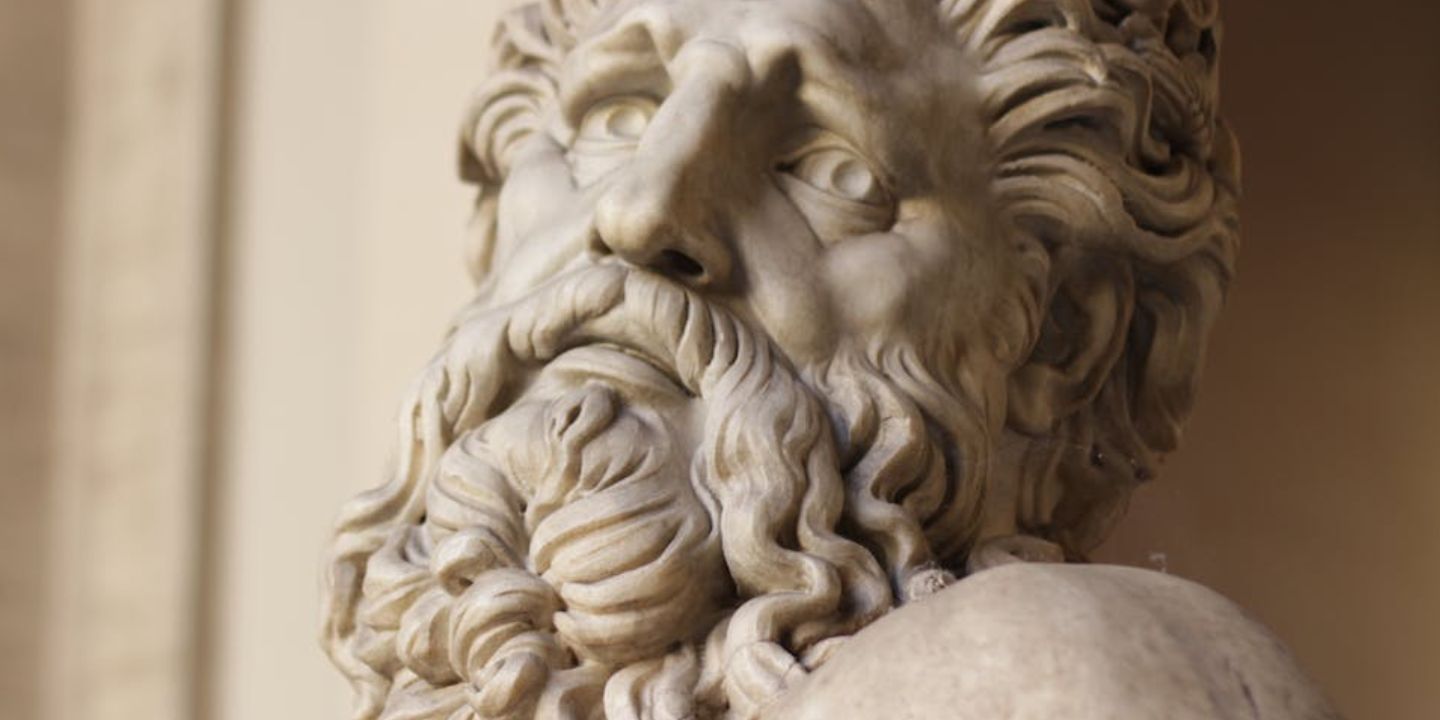
10 Fascinating Facts About Ancient Greece You Can Appreciate &…
Once Upon A Time Lived Some Ancient Weirdos.... Greece is…
By Megan Wickens Oct 7, 2024
20 Lesser-Known Facts About Christopher Columbus You Don't Learn In…
In 1492, He Sailed The Ocean Blue. Christopher Columbus is…
By Emilie Richardson-Dupuis Oct 9, 2024
20 Historical Landmarks That Have The Craziest Conspiracy Theories
Unsolved Mysteries Of Ancient Places . When there's not enough evidence…
By Megan Wickens Oct 9, 2024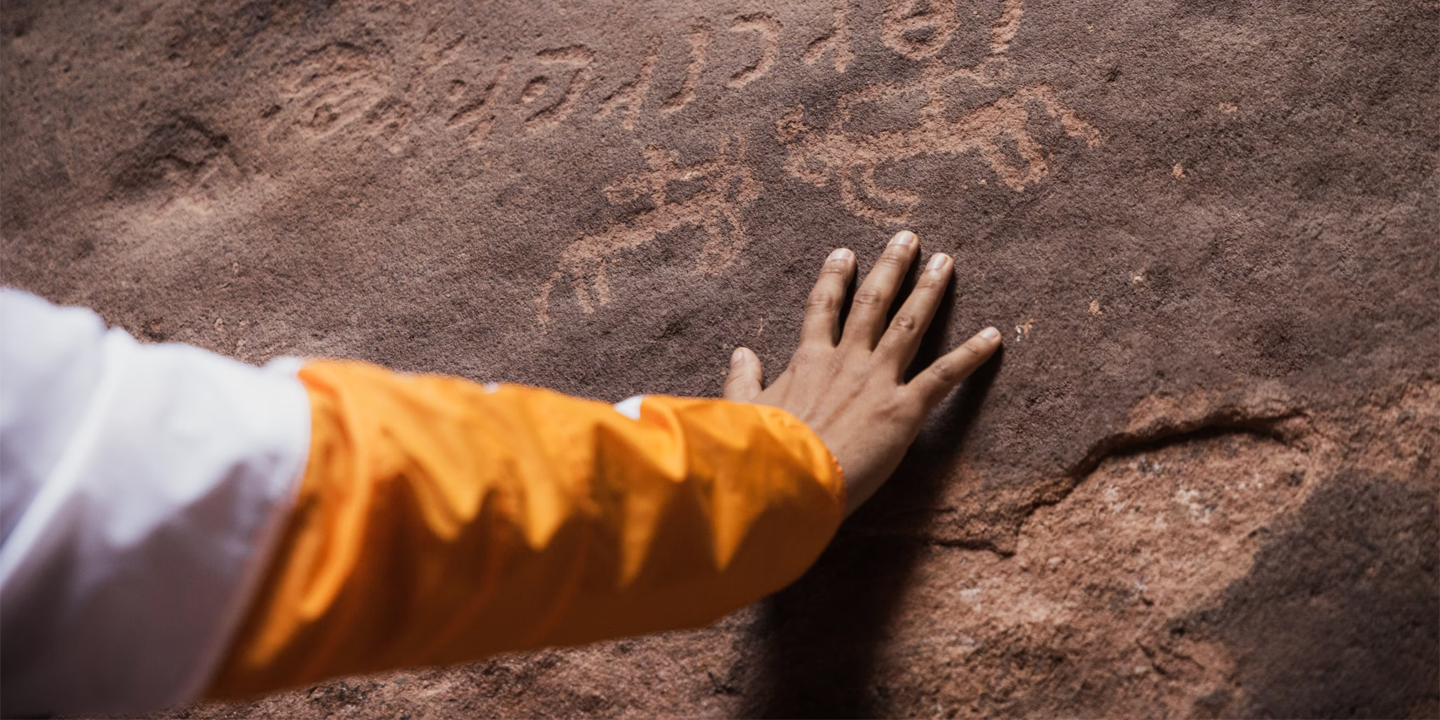
The 20 Craziest Inventions & Discoveries Made During Ancient Times
Crazy Ancient Inventions . While we're busy making big advancements in…
By Cathy Liu Oct 9, 2024

